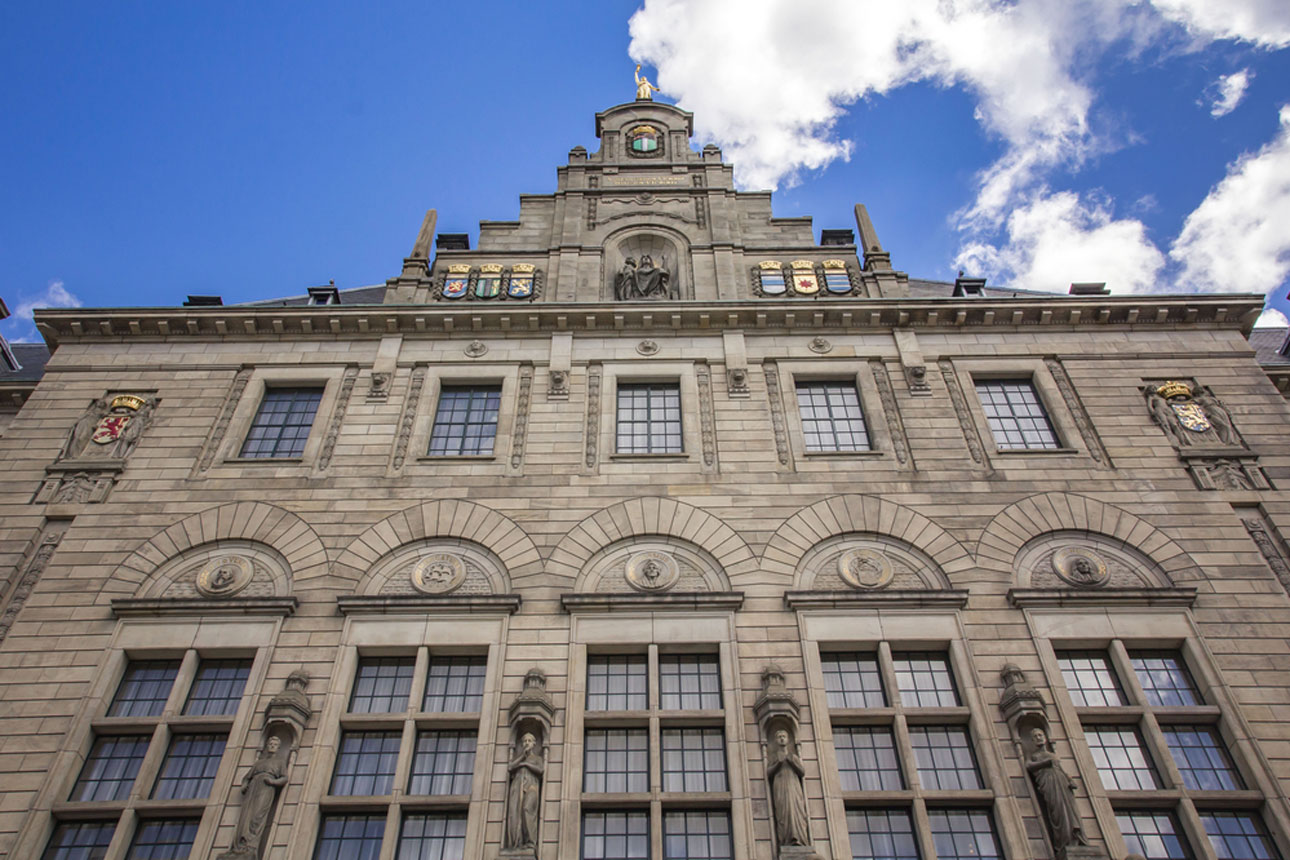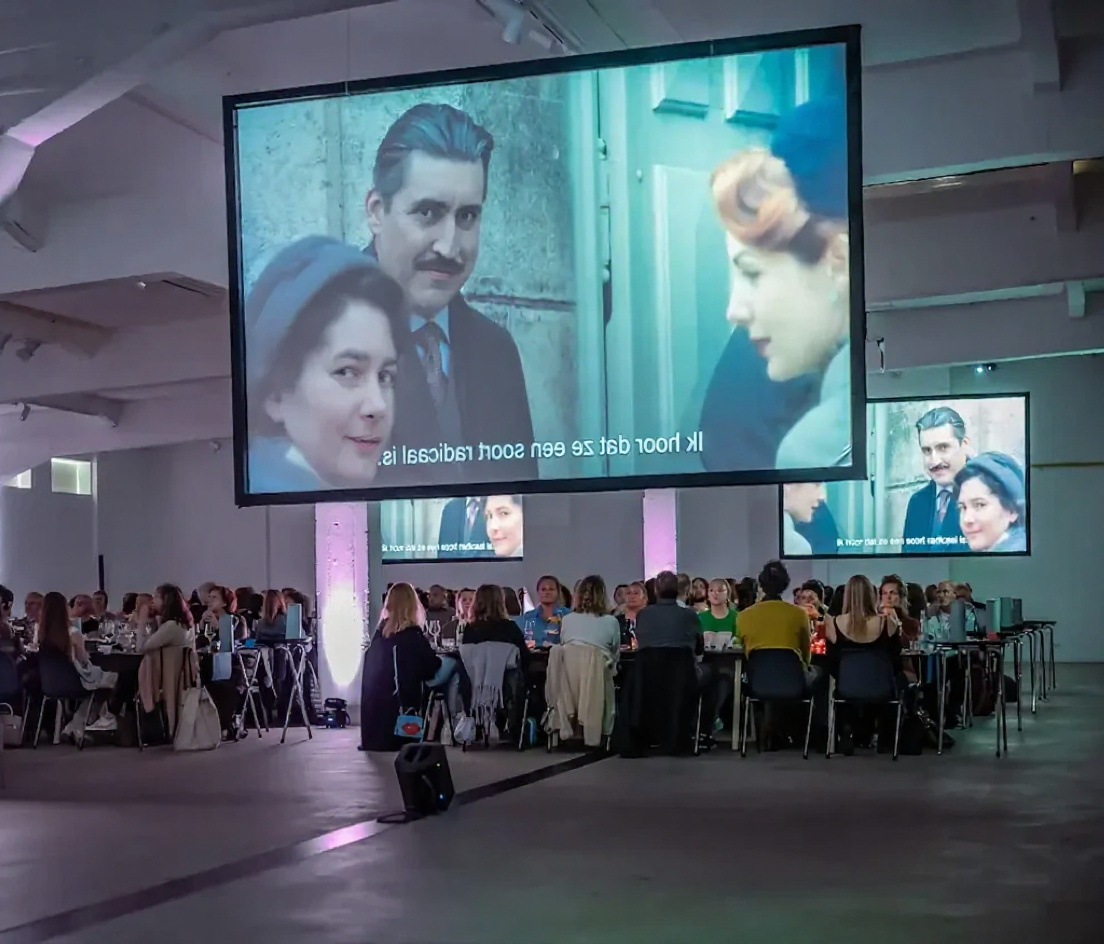ROTTERDAM, 20 March 2024 – A significant landmark within the port area of Rotterdam, the Maasvlakte lighthouse on Europaweg 925, has recently been declared a municipal monument by the City Council. This decision underscores the lighthouse's cultural, historical, and architectural importance, marking it as a key symbol of the port's expansion.
Rotterdam's youngest lighthouse gains monumental status
The City's Executive Board has resolved to designate the coastal light (kustlicht) at the First Maasvlakte as a municipal monument. Recognized for its significant role as a navigational beacon within the port's domain, the lighthouse reflects the scale of the harbour's evolution, encapsulating the narrative of its development.
Architectural and historical significance
Designed by engineer W. Colenbrander, this octagonal tower stands 64 meters tall, embodying a modern chapter in the tale of harbour expansion. The lighthouse, operational since 1974 following the relocation of the Hoek van Holland's High Light, has been a pivotal part of the First Maasvlakte, a region developed during the 1960s. With the subsequent construction of the Second Maasvlakte, the lighthouse found itself centrally positioned within the harbour, leading to the cessation of its navigational role in 2008, supplanted by radar technology.
Transition from beacon to monument
Following its decommission, the Cuypers Society petitioned for the lighthouse's recognition as a municipal monument, a testament to Rotterdam's enduring legacy as a global port continually under development. This designation highlights the lighthouse not merely as an architectural relic but as a milestone in the evolution of harbour architecture and lighthouse design.
Alderman Said Kasmi (Education, Culture, and Events) reflected on the significance of such designations, stating, "When thinking of monuments, many envision buildings, yet a lighthouse too can embody monumental status. This underlines the diversity and richness of monuments. I am pleased that this lighthouse is receiving the monumental recognition it merits."
Ownership of the lighthouse has since transferred from the Directorate-General for Public Works and Water Management to the Central Government Real Estate Agency, which supports the monument designation and remains in dialogue with the city regarding its future.













